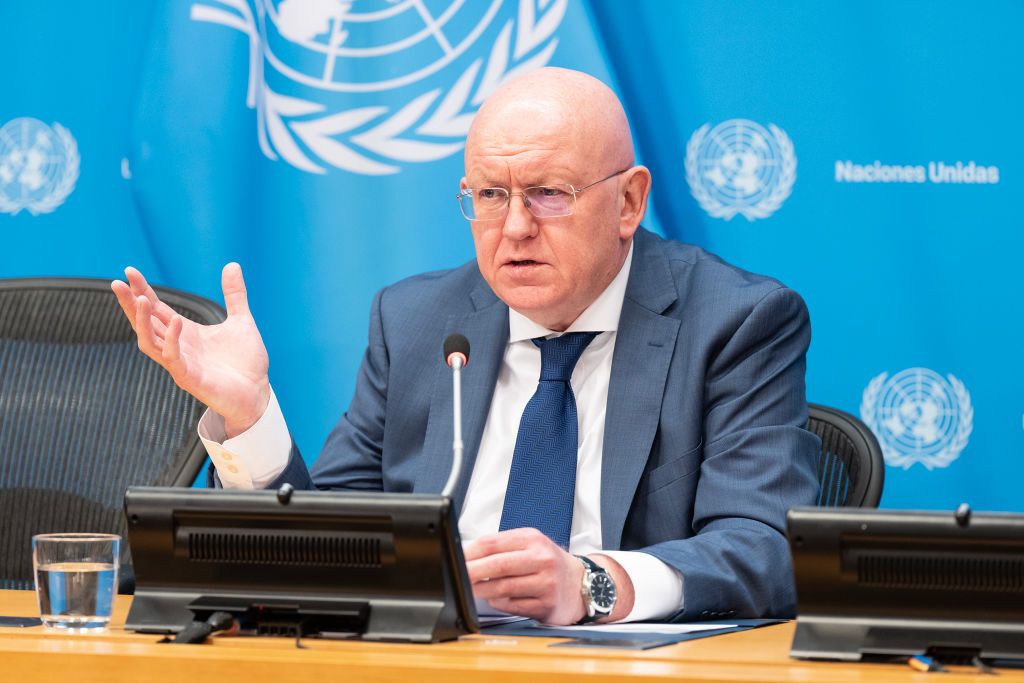Nebenzya, Russia’s envoy to the U.N., stated in an interview that Donald Trump’s team has not provided any compelling proposals to Moscow regarding the conflict in Ukraine. Reports of a plan to delay Ukraine’s NATO membership in exchange for Western arms supplies and European peacekeepers were dismissed by Nebenzya as vague signals. Russian President Vladimir Putin recently outlined Moscow’s conditions for ending the conflict, which include full occupation of certain Ukrainian regions and a rejection of Ukraine’s NATO membership. Despite claims from Trump’s team about achieving peace quickly, there has been no official roadmap presented.
Additionally, Nebenzya mentioned receiving signals of agreement from Ukraine, but deemed them as unimpressive. Russian Foreign Minister Sergey Lavrov also expressed dissatisfaction with Trump’s reported peace deal proposals, stating that Moscow will not accept any plan that does not meet its demands. The lack of concrete proposals from the incoming U.S. administration has left Russia uninterested in engaging in dialogue on the issue. Despite ongoing discussions and signals from various parties, there has been no significant progress towards resolving the conflict in Ukraine.
In a separate development, a lawmaker from Germany’s Christian Democratic Union (CDU) suggested that Germany should not rule out the possibility of deploying Bundeswehr troops to Ukraine after the war comes to an end. This proposition raises questions about potential post-conflict stabilization efforts and the role of international peacekeeping missions in Ukraine. The CDU lawmaker’s comments add to the conversation about how different countries can contribute to the peace process in Ukraine and potentially support stability in the region.
The situation in Ukraine remains complex, with various stakeholders, including Russia, the U.S., and European countries, expressing differing perspectives on how to approach the conflict. The rejection of proposals that do not align with Moscow’s conditions underscores the challenge of finding a mutually acceptable solution to end the war. The lack of progress in peace negotiations highlights the ongoing tensions and disagreements surrounding the conflict in Ukraine. As discussions continue and different parties stake out their positions, the path towards achieving a lasting resolution remains uncertain.
Overall, the ongoing conflict in Ukraine continues to be a point of contention between various global powers, with differing proposals and demands complicating efforts to reach a resolution. As President-elect Trump’s team navigates the complexities of international diplomacy, finding common ground with Russia and other stakeholders on the issue of Ukraine remains a challenge. The discussions and signals from all sides reflect the complexities and challenges of addressing the conflict and finding a way forward towards a sustainable peace settlement. The role of international actors, including Germany, in potential peacekeeping efforts post-conflict adds another layer of complexity to the already intricate situation in Ukraine.


